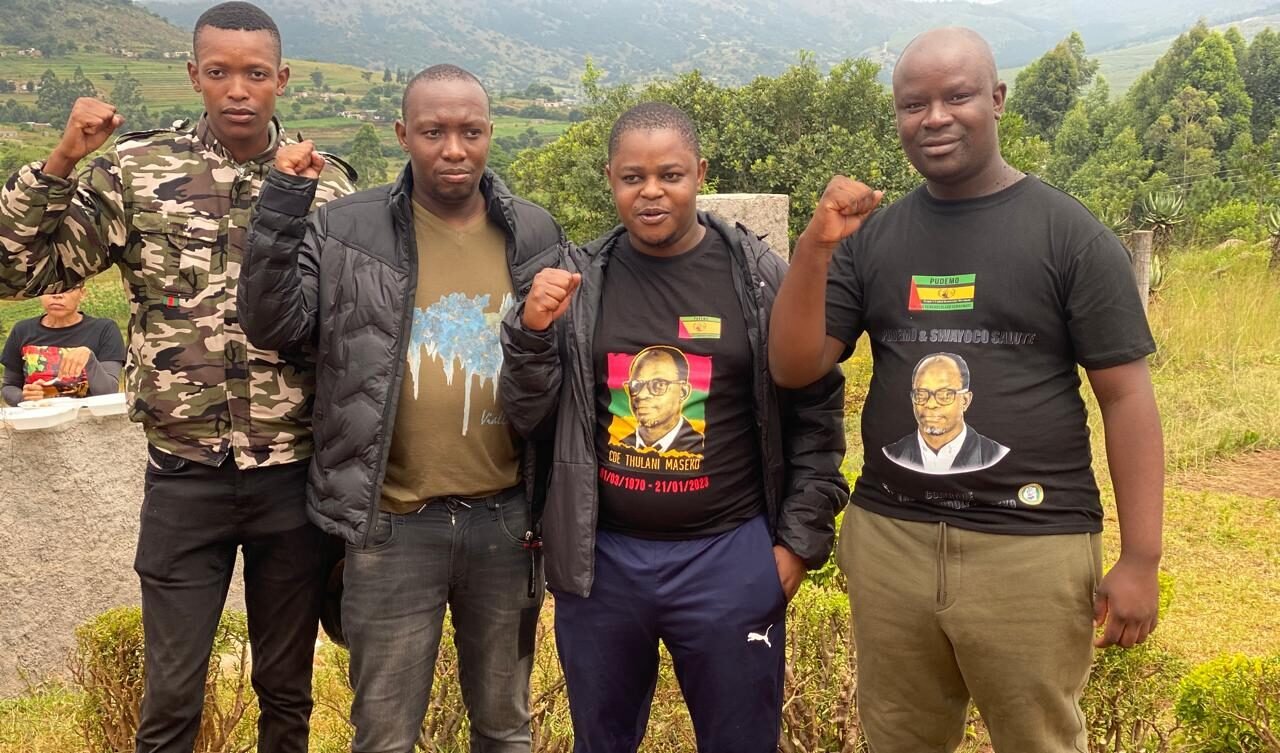The Synergistic Advocacy: SASC’s Stance on Student Activism for Democracy and the Right to Education
The imperative for student activism in advancing democratic principles and the right to higher education is firmly substantiated by historical precedent and contemporary realities. Consequently, SASC acknowledges and supports student-led initiatives that strive to achieve these dual objectives. The empirical evidence, drawn from diverse geographical contexts and historical epochs, demonstrates a consistent and robust correlation between student mobilization and movements for both democratic governance and equitable access to education.
Regarding the pursuit of democratic ideals, student activism has played a pivotal role in shaping political landscapes. The decolonization movements in sub-Saharan Africa during the mid-20th century were significantly propelled by student involvement. In Nigeria, student alliances with pro-democracy groups and labor unions challenged military dictatorships, advocating for democratic leadership. Similarly, the transition to multi-party democracy in Kenya witnessed substantial student participation alongside opposition leaders. The democratic transitions of the 1980s and 1990s across the African continent were also significantly influenced by student movements. In Senegal, students actively contributed to the “alternance,” mobilizing rural voters and facilitating a change in political power. Furthermore, Zimbabwean students, beginning in 1998, articulated explicitly political demands related to democratic governance. The 2011 Indignados protests in Spain, similarly, highlighted student advocacy for democratic reforms.
Concurrently, student activism has consistently addressed issues concerning the right to higher education. Financial grievances, particularly those related to tuition increments and the affordability of education, have been primary drivers of student mobilization, as evidenced by protests at Makerere University and in the United Kingdom. In Nigeria, students have voiced opposition to the commercialization of higher education. In Zimbabwe, economic hardships and the withdrawal of government financial support precipitated student activism, with student leaders advocating for the right to free education by 1998. The focus on immediate student interests, such as government spending and policy changes, underscores the demand for adequate resources and support for higher education. Neo-liberal reforms that led to disinvestment in higher education in Zimbabwe prompted sustained student resistance. Moreover, Senegalese students effectively protested against World Bank-funded education plans that adversely affected their campus conditions, rent, meal ticket costs, and grants, compelling the national government to reverse certain recommendations.
The convergence of these twin goals—democracy and the right to education—is not coincidental. Students frequently perceive democratic governance as a prerequisite for ensuring state commitment to funding and supporting higher education. Thus, SASC recognizes the symbiotic relationship between these objectives and affirms its support for student activists who are dedicated to advancing both. The organization acknowledges the legitimacy of student demands for democratic reforms and equitable access to education, recognizing that these demands are rooted in historical precedent and contemporary realities. SASC understands that promoting student activism in these areas is promoting a more just and equitable society.

